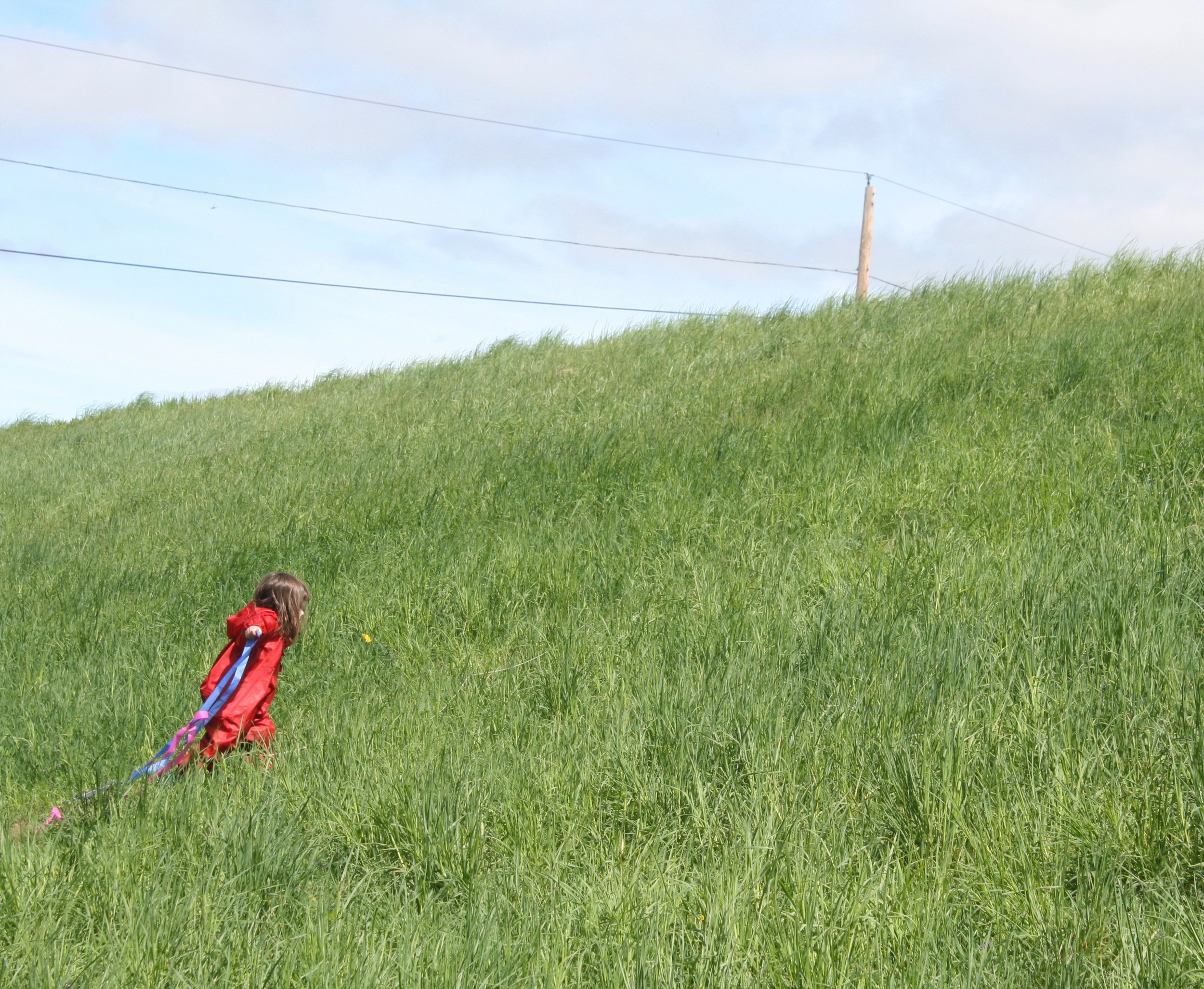We teach love.
Early childhood education and care can be revolutionary.
Our Work is Play
Children arrive each day to indoor and outdoor spaces that invite exploration and project-based learning through opportunities for real, meaningful work. In March, we will be hammering taps into our maple trees to gather sap. In July, we will be running outdoors in the morning to harvest some of the food we will use to prepare that day’s snack. In November we will be using watercolors and golden ink to illustrate a book we have written about Malala’s fight for educational justice. Our child-directed projects are woven into our thoughtfully-structured days, where we have three simple rules: take care of ourselves; take care of each other; take care of our spaces and communities.
asking questions
“What eats a lion?”/ “How come all the people in this book only have peachy-pink skin?”/“Am I a boy?”/“Do people ever steal people?”/“Why did the robins leave this egg in their nest, and what’s inside it?”/“How come your dad doesn’t live with you?”
These are real questions kids have asked at our school, and they are questions we are grateful to explore with them! Big questions deserve thoughtful and truthful discussion, and we facilitate honest conversations in our classroom communities about race, gender, violence, oppression, justice, death, bodies, families, poverty, food access, privilege, consent, and many other weighty topics.
caring for creatures and spaces
Each day, we are responsible for the care of the wild and domesticated animals at our school, as well as the wild and cultivated plants in our outdoor spaces. Gathering chicken eggs, grooming the rabbit, feeding the baby goats and filling the duck pond are some of the tasks children undertake with teacher support and guidance. We check the milkweed for monarch caterpillars, weed the carrot bed to allow the fragile sprouts room to grow, and compost our food waste to spread on our gardens the following year.
loving a problem
This story was written with help from students on the Duck Side
“A fox ran off with one of our ducks in early winter, and the flock was shaken. We noticed their behavior toward one another had changed. “Oreo [a drake] was picking on Skittles [an older duck]. They were pecking at Skittles, chasing them, not letting them eat or drink or snuggle or cuddle. Skittles was excluded. Skittles kept trying to join and they kept biting them. Some grown-ups thought that we might have to send Oreo to another home, and some suggested culling them from the flock. The Duck Side classroom looked at some information about ducks, and decided to try another way to address the problem so that no one would be excluded: enriching the ducks’ environment! We pounded a nail into the side of their coop and hung a mirror there, which the ducks love to “chat” with. We put some old bath toys children brought from home in their duck pool, and we gave them mealworm snacks and verbal encouragement when we saw them treating one another with more kindness and inclusion. Oreo stopped excluding Skittles, and now all of the ducks are in one flock family together again!” At our school, we believe that children are expert problem-solvers. We value their ideas, and give them the freedom to get in to problems and to find their way out.
empowered to act
Superheroes are great, but real-life heroes are even better. We share stories of people who stand up against injustice in different ways, like Liu Xiaobo, Rosa Parks, and Judy Huemann. We notice heroic acts each day in our classrooms when children stand up for themselves and for one another. We talk about what is happening in the world in simple language, and we take steps toward fairness and justice in our classrooms and out in the world. The children wrote a letter to the author and illustrator of a beloved book series to ask why they chose to only depict white people in their books, and to guess why they might have made that mistake. “Did you forget that there are many different kinds of skin in the world? Are there only white people where you are, so you forgot that most people are not white? Does your story happen in a place that’s not this planet?”
“Early childhood specialists have a staggering responsibility in producing planetary citizens whose geographic and intellectual provinces are as limitless as their all-embracing humanity.” -Dr. Chester Pierce

